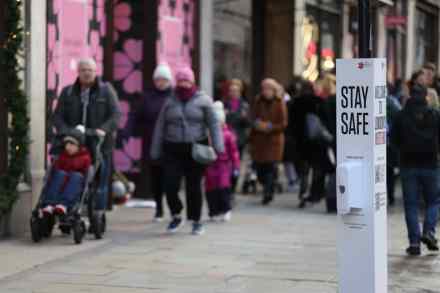J.K. Rowling and the death of nuance
There are few good things to say about the public conversation around transgender issues, which all too often shows us — all of us — at our worst. But it also offers up a seemingly endless series of case studies illustrating wider problems with the way contemporary culture and institutions deal with difficult ideas. The latest lesson comes from Boswells School in Chelmsford, Essex. It has dropped J.K. Rowling’s name from one of its houses. Previously, she was honoured as a champion of self-discipline, regarded as a role model for children perhaps for her determination in starting her globally-successful series of books under difficult circumstances. Rowling wrote her first Harry





















